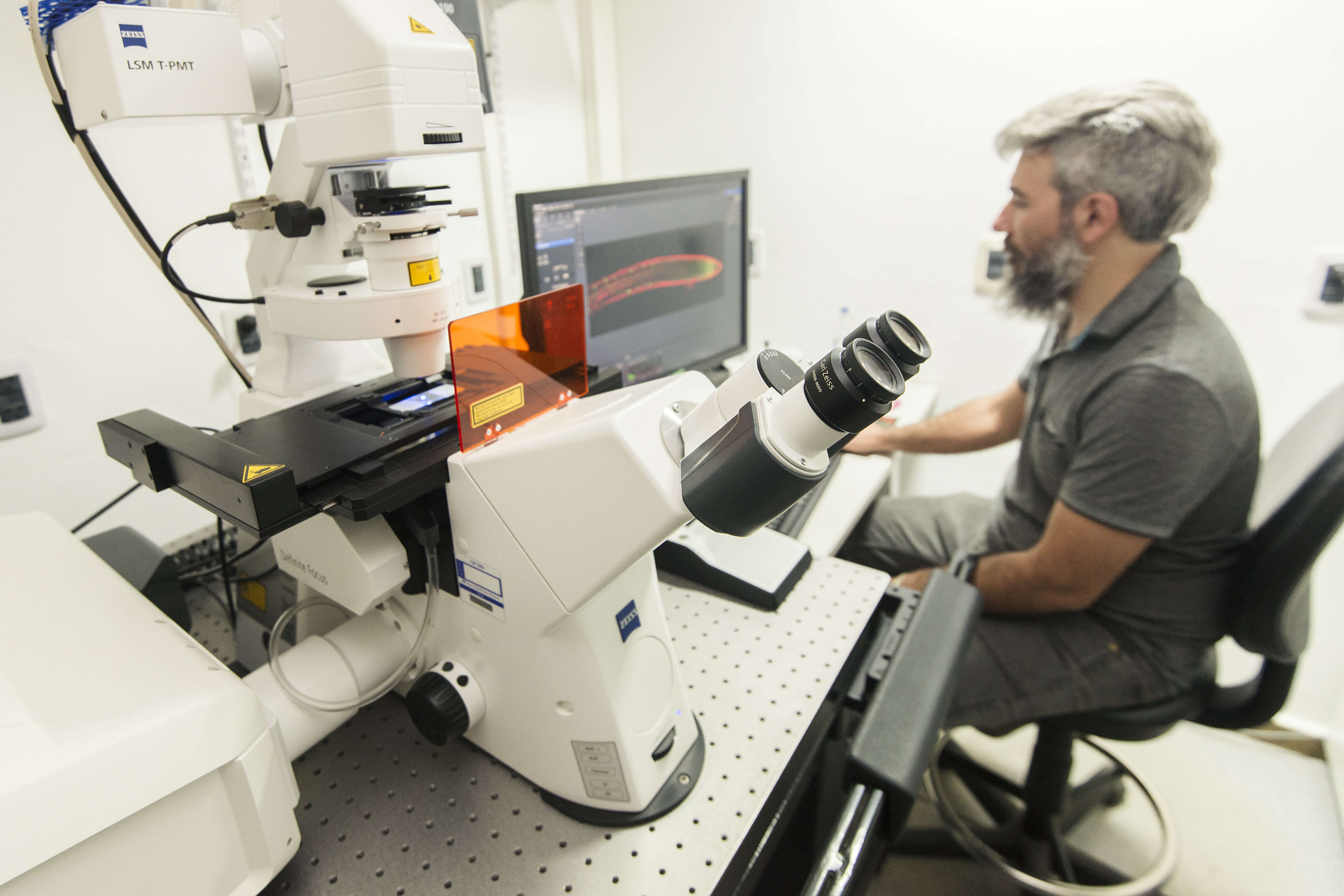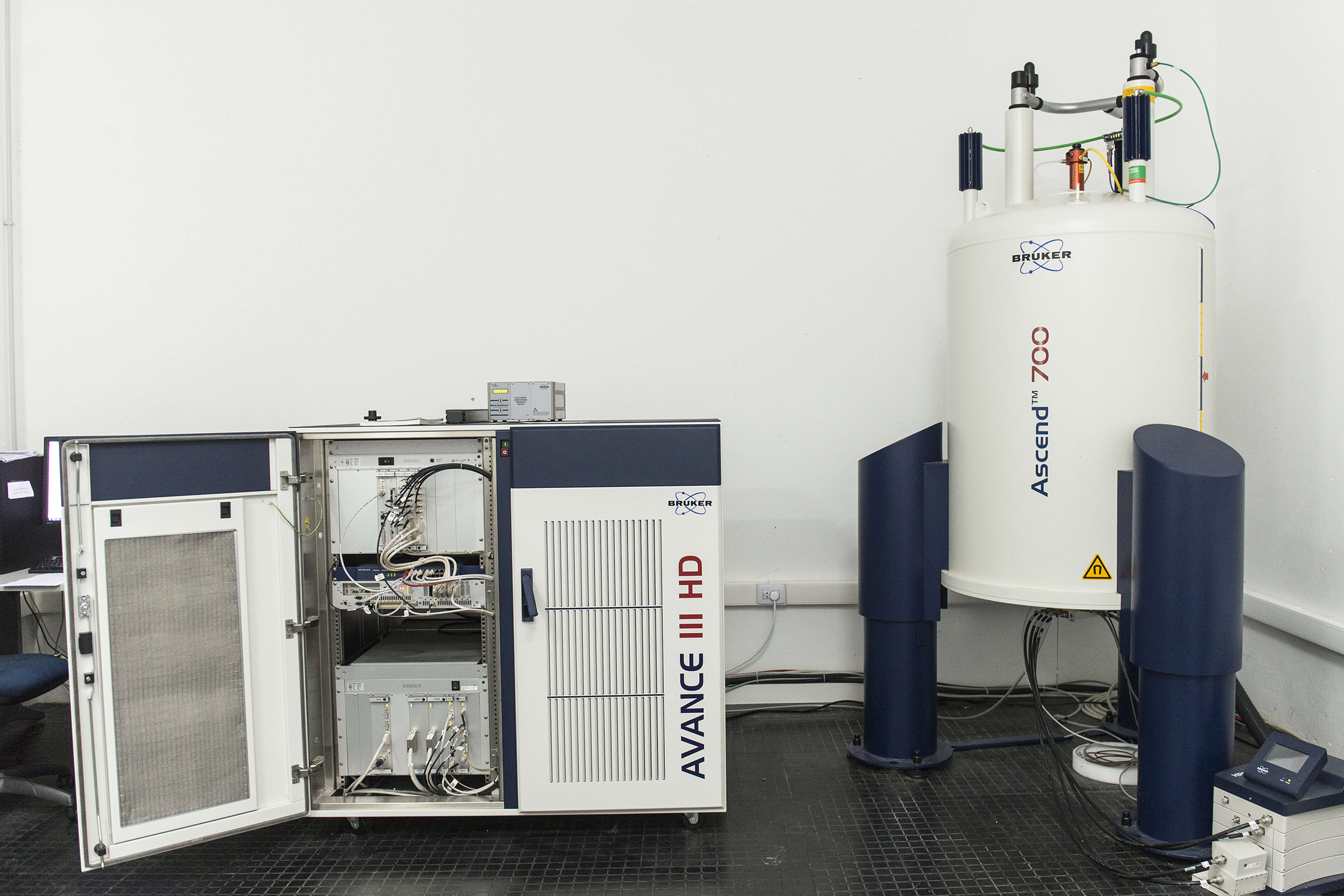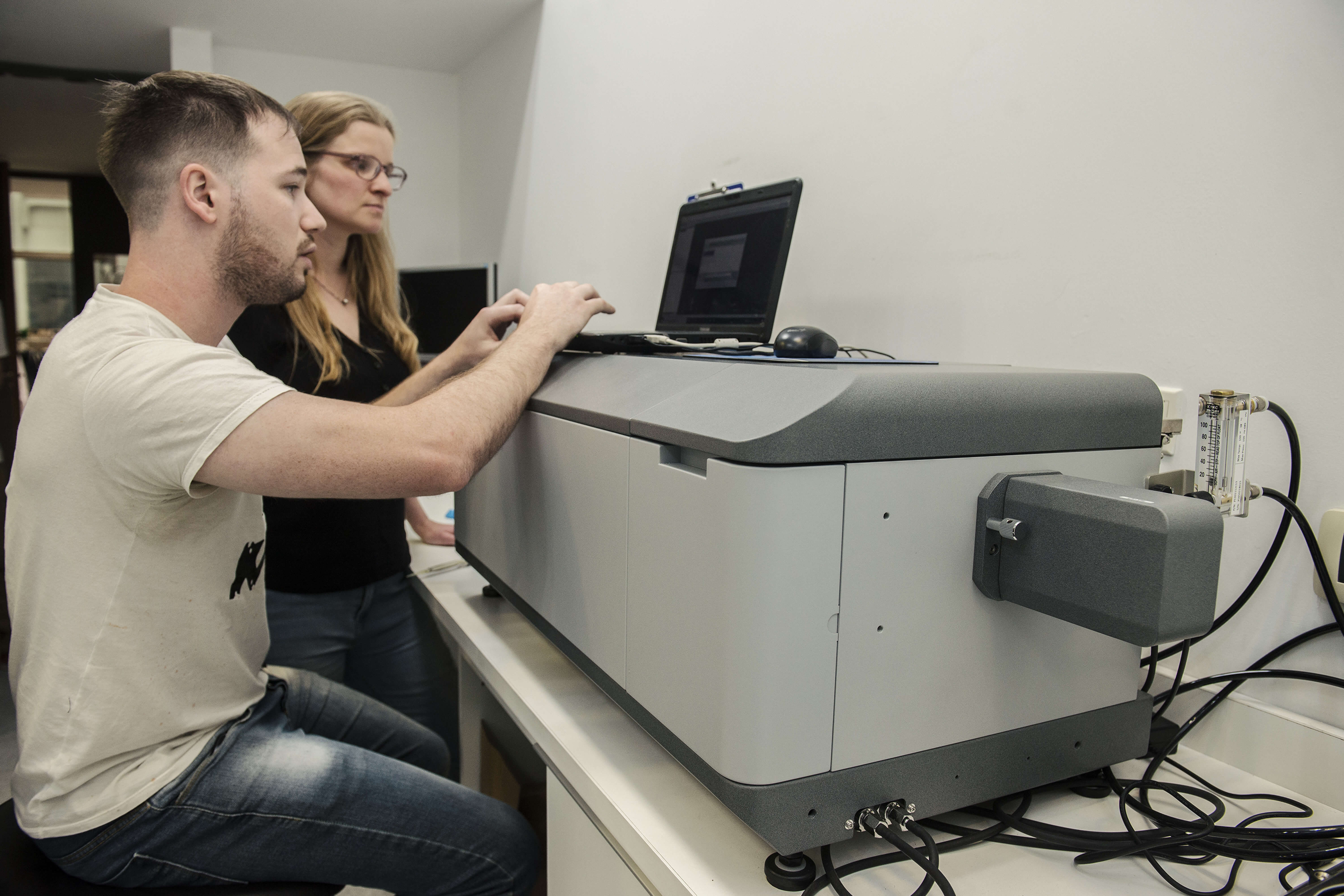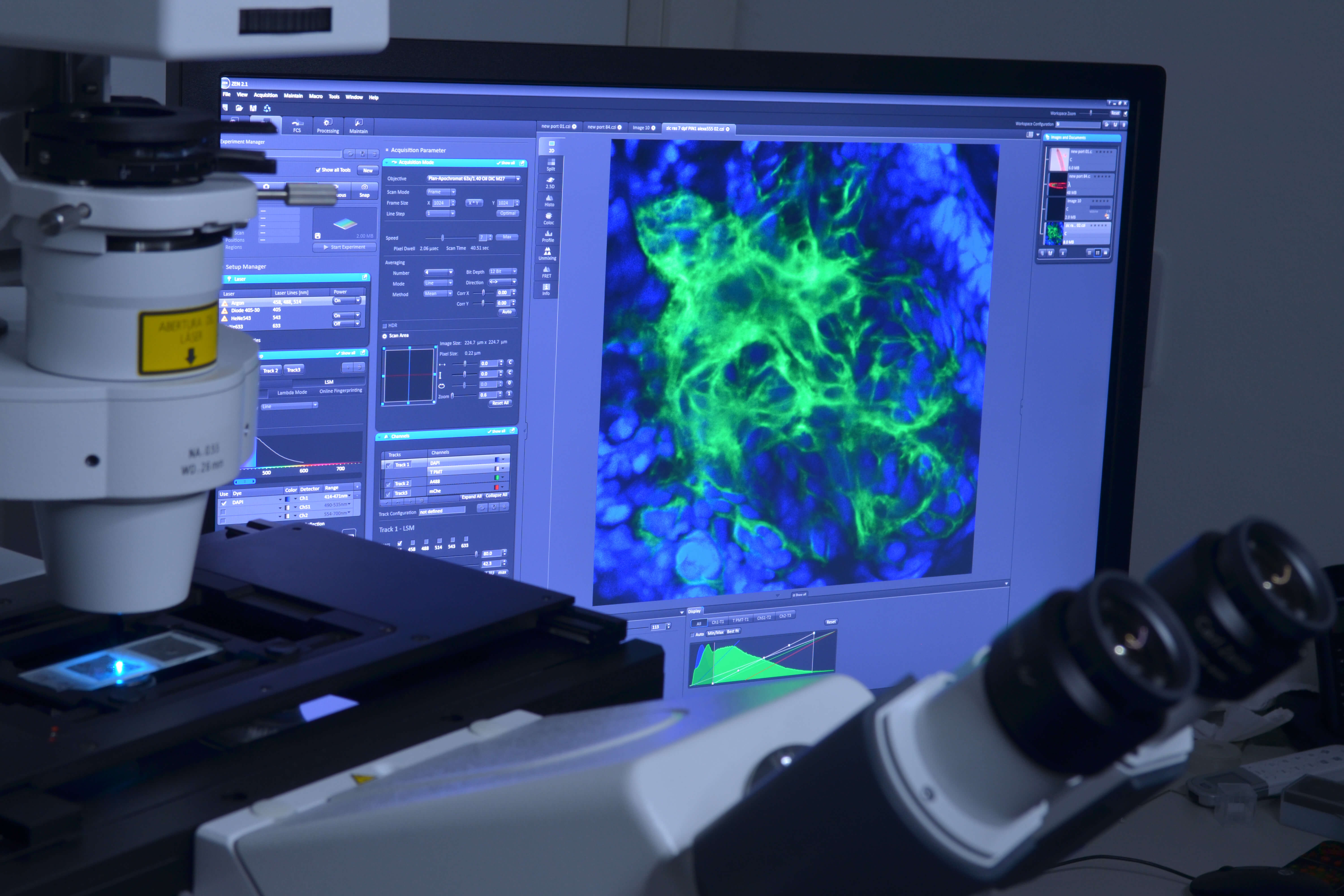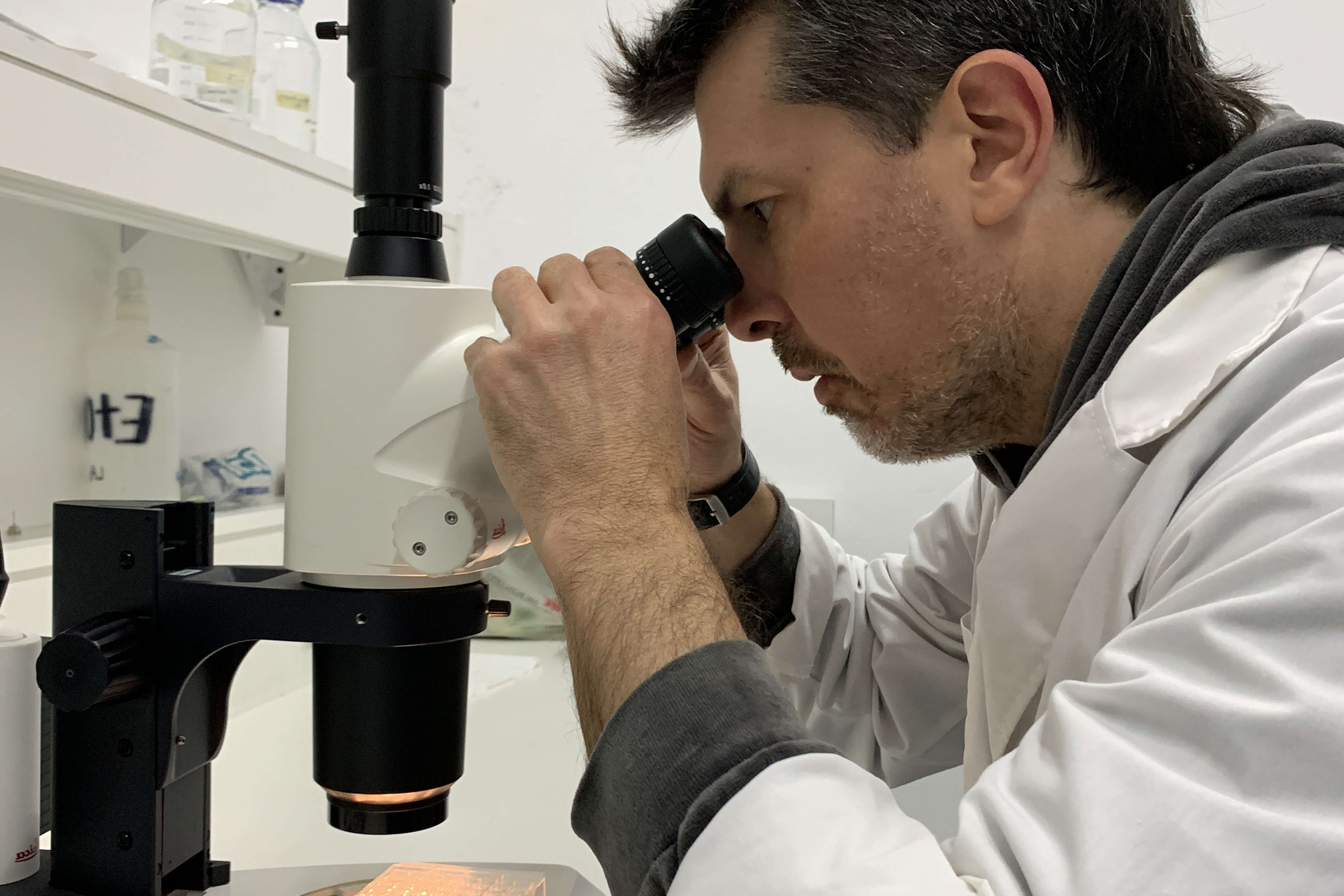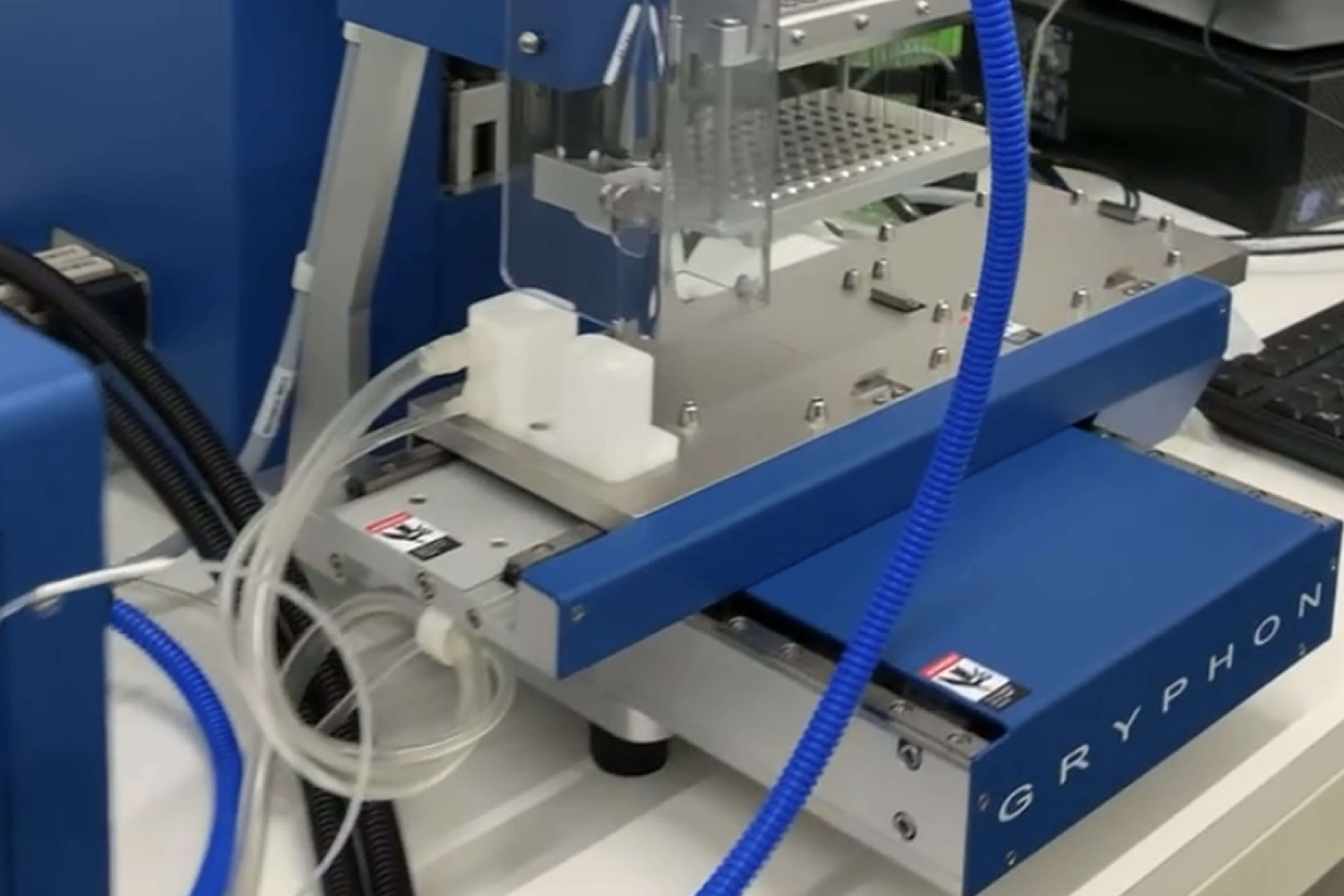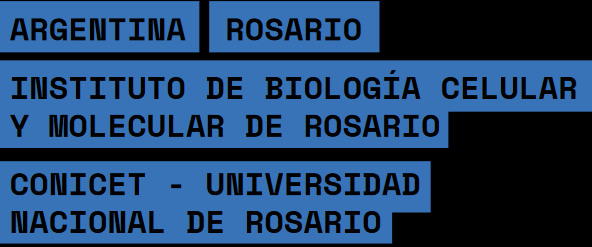
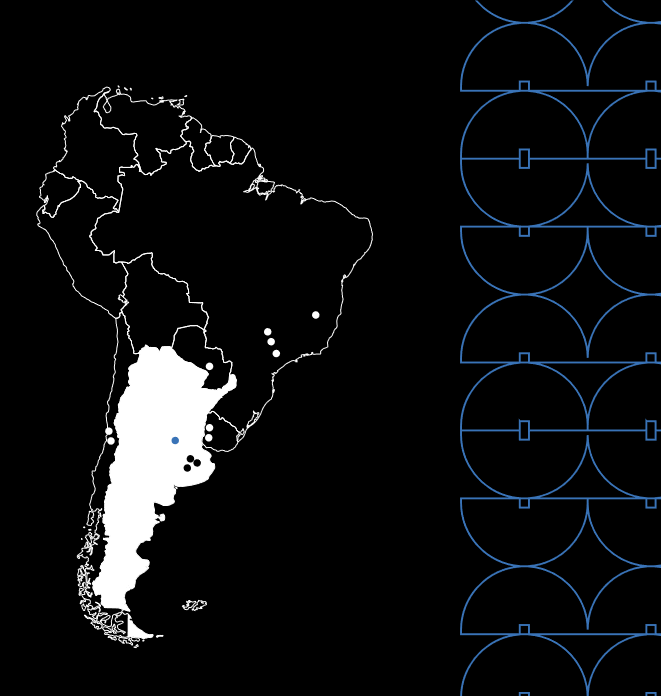
Research center
The Institute of Molecular and Cellular Biology of Rosario, IBR, is a research institute affiliated with CONICET (National Scientific and Technical Research Council) and the National University of Rosario.
Its mission is the generation, dissemination, and application of scientific knowledge in biological sciences through excellence in research, education, and the transfer of this knowledge to the productive sector, healthcare, decision-makers, and the community. It is one of the leading institutes in biological sciences in Argentina and was a pioneer in the development of structural biology in the region, installing the country's first high-field NMR spectrometer.
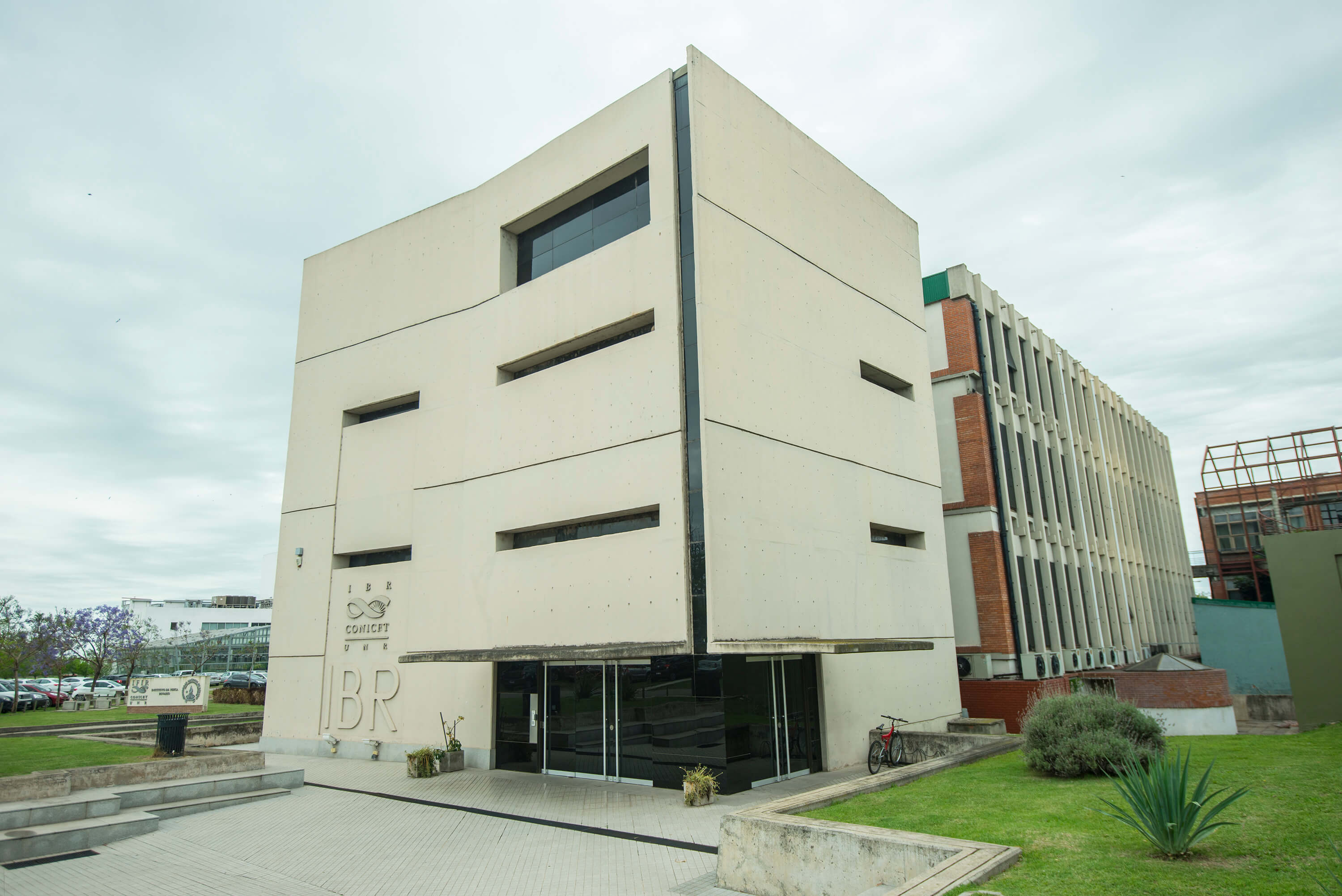
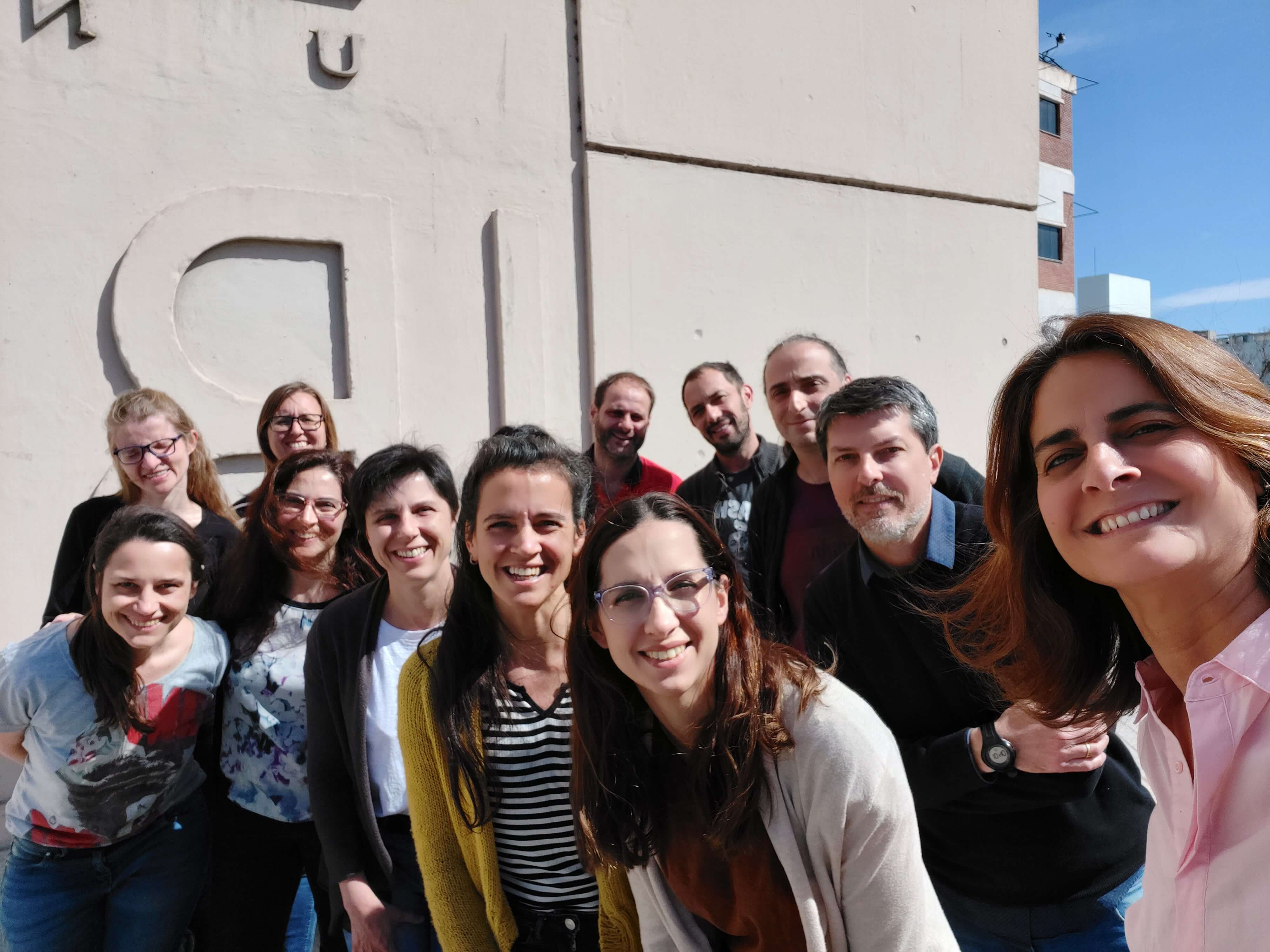
The Institute is composed of approximately 60 researchers, 100 doctoral and postdoctoral fellows, and support staff consisting of around 30 professionals, technicians, administrators, and interns, totaling around 200 individuals. Including roughly 60 undergraduate students working on their bachelor's theses, there are currently approximately 260 people engaged in scientific activities at IBR.
Over the past few years, both the quantity and the quality of the institute's scientific publications have increased significantly. Its mission is driven by excellence in the pursuit of knowledge, with a focus on societal needs. In this paradigm, the knowledge generated at IBR has led to the creation of companies, patents, and products in the biotechnology and healthcare market.
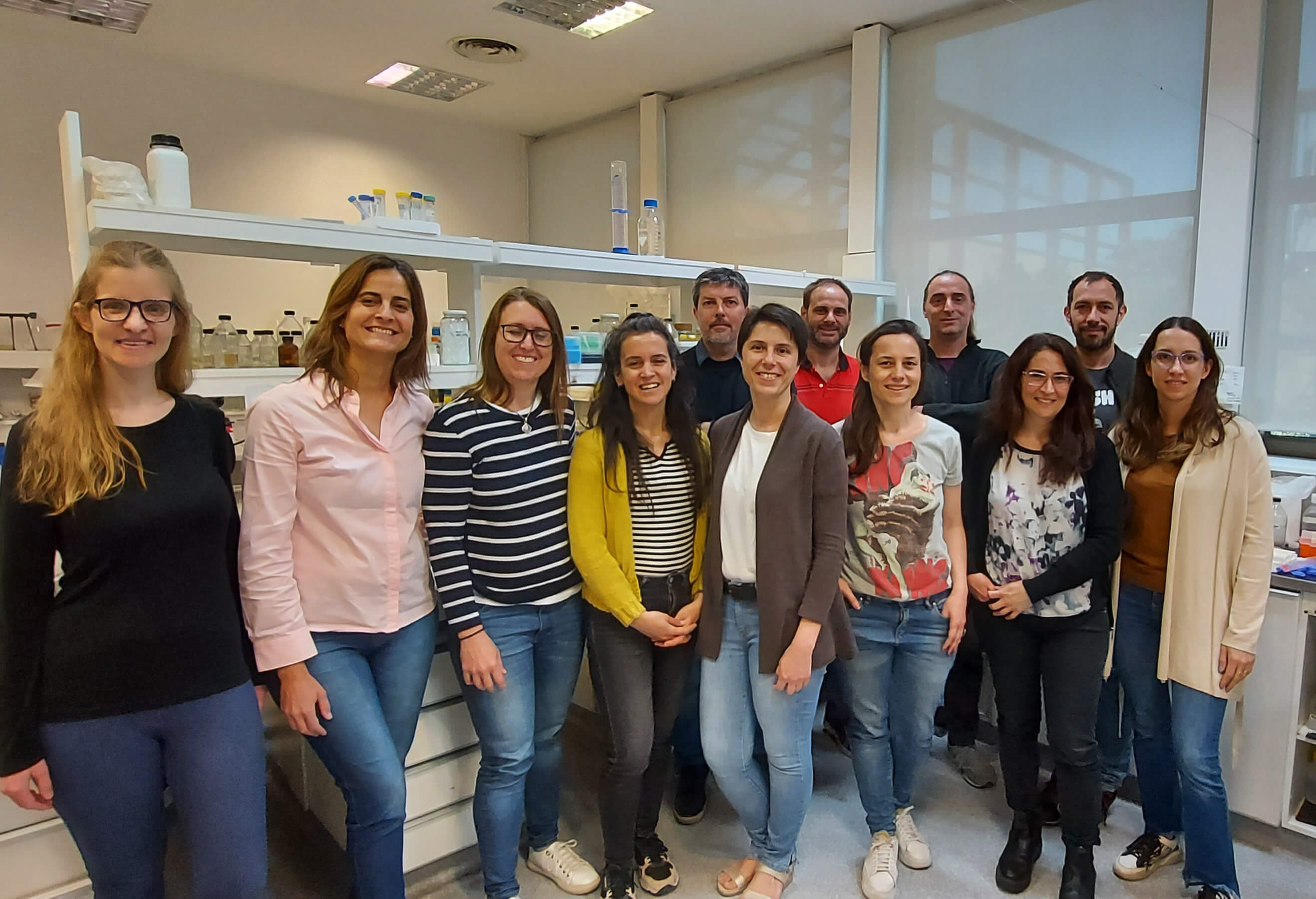
Research lines
Since its creation as a multidisciplinary Institute in biological sciences, the IBR has carried out various lines of research in biology and biotechnology of development in vertebrates and plants; molecular, cellular and structural biology of infectious and neurodegenerative diseases; plant cell and molecular biology; and microbial physiology and genetics.
Instrumentation
- 600 and 700 MHz NMR Spectrometer
- Crystallization robot
- Zeiss LSM880 Laser scanning confocal microscope
- Well-equipped optical microscopy room.
- Cryostat for histological analysis
- Orbitrap-type mass spectrometer
- Biophysical techniques (CD, fluorescence, stopped flow, MS)
- Extensive protein chemistry and molecular biology facilities
- Protein expression and purification
- Drug design and validation platform
- Sede CCT: Ocampo y Esmeralda, Edificio IBR. Predio CONICET. 2000 Rosario. ARGENTINA. Sede Facultad: Suipacha 590, 2000, Rosario.
- +54-341-4351235
- contacto@ibr-conicet.gov.ar
- http://www.ibr-conicet.gov.ar
Five days of intense work, hands-on learning and scientific collaboration at @CNPEM 🇧🇷
Researchers from Latin America and Europe came together to explore the intersection between drug discovery and structural biology, through theoretical sessions and practical training.


